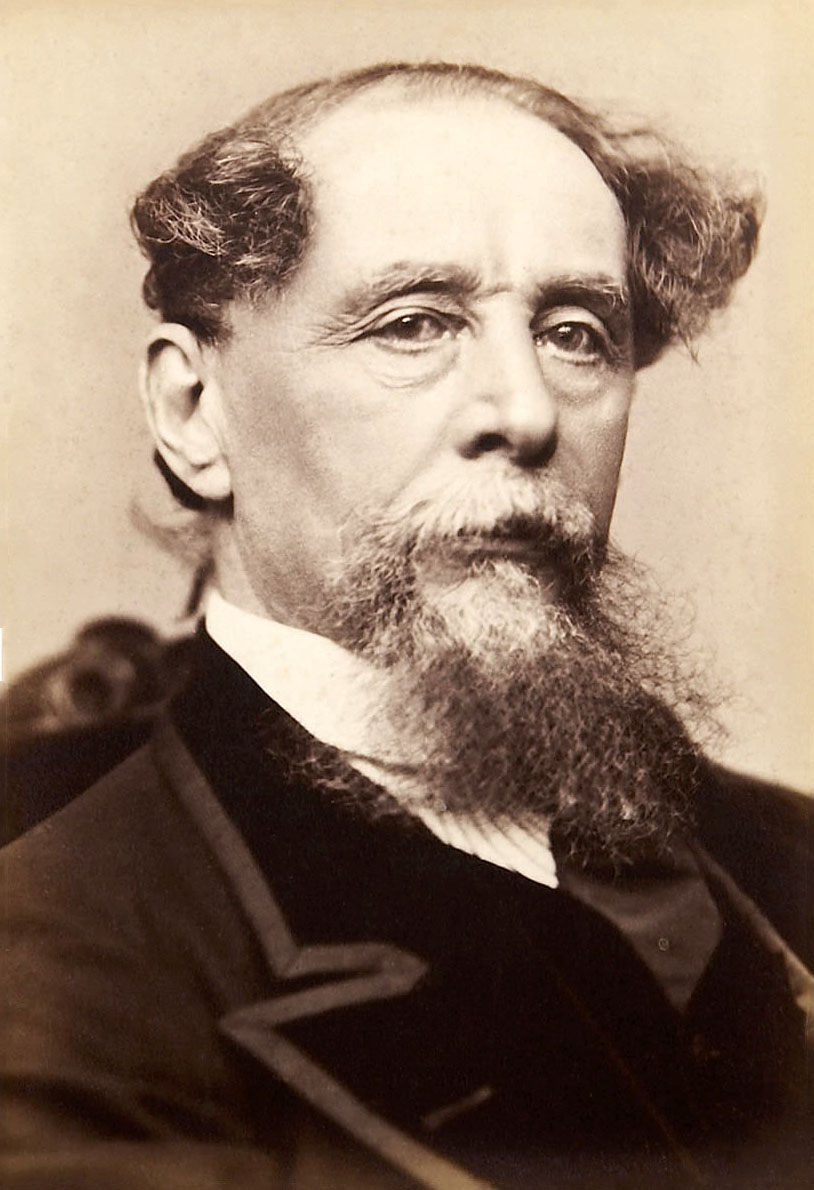 |
| from here |
This is what drives me nuts about the Victorians (Dickens especially) and about the entire mystery-thriller genre. If all the loose ends tie into each other, something has gone wrong.
Charles Dickens hated good endings- he needed perfect endings, impossibly perfect endings in which (just as your life is about to be ruined by the cascade of your own bad decisions, like you deserve) your brother-in-law/ father figure steps in to save you, or else the woman you were going to rob who took you in and cared for you out of true Christian charity turns out to be your long-lost aunt.
Not always, but all too often, the author builds a brilliant house of cards, and I'm ready for the house to fall. The characters are making mistakes and poor decisions, and consequences are on their way. What will this mean? How will lives be ruined, and how would the strong recover?
And then the author pulls this nearly Deus Ex Machina garbage that results in a happy ending for everyone (or nearly everyone) involved, with as little actual heartbreak or sacrifice as necessary. I feel cheated of tragedy.
I'm gearing up for my review of Cutting for Stone, and I'm pleased to say that this lovely little book did not fall prey to the perfect ending. But for a little while I was worried.


No comments:
Post a Comment